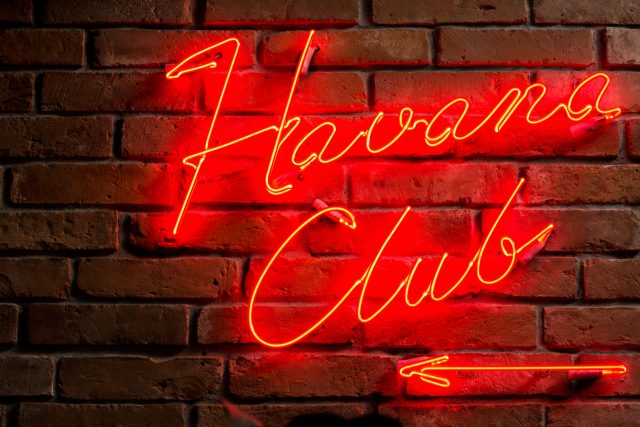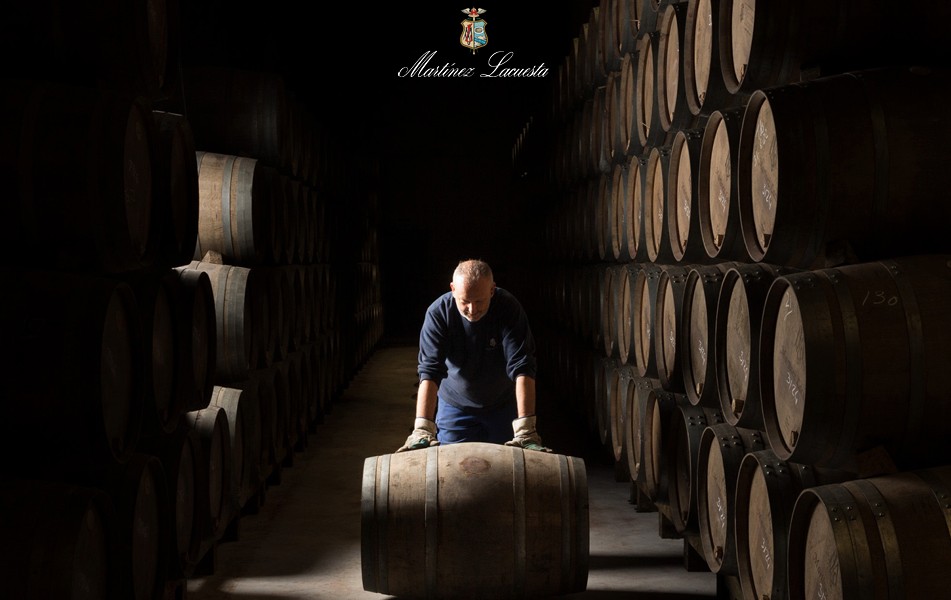Crucial ruling made in Havana Club case
The courtroom war between Bacardi and Pernod Ricard over the right to use the Havana Club rum trademark in the US has taken yet another tortuous twist, reports Ron Emler.

A federal court judge in Washington has ruled that the American trade embargo on Cuban goods disbars a Cuban-owned company from suing Bacardi in the United States for potential trademark infringements.
Pernod Ricard has a long-standing agreement with Cubaexport, which produces the rum on the island, to market and distribute its Havana Club range throughout the world.
They dispute the right of Bacardi to use the same name.
However, District Judge Emmet Sullivan has ruled in Washington that Cubaexport cannot sue Bacardi for trademark infringement in the United States, where Bacardi sells a separate Havana Club rum distilled in Puerto Rico.
Long-running battle
The long-running battle has its roots in the Cuban revolution under Fidel Castro. His revolutionary government nationalised the assets of Jose Arechabala SA in 1960 without compensation. The Arechabala family created the rum in Cardenas in Cuba in 1934.
The nationalised distiller continued to produce the rum in Cuba under the Havana Club name and in 1993 established a 50:50 joint venture with Pernod Ricard to market the brand globally. It is part of the French group’s Strategic International Brands portfolio on which it focuses most of its marketing investment.
But despite Cubaexport registering the trademark with the US Patent and Trademark Office in 1976 the US trade embargo barred them from selling in America.
Partner Content
Although India and the Philippines have overtaken the US as the world’s largest rum market, it is reckoned to be worth US$2.86 billion this year, growing to a potential US$3.6 billion by 2031, so the battle has huge commercial significance for both sides.
Bacardi, which itself had been exiled from Cuba, held a large slice of the US market and in 1995 it bought Jose Arechabala’s brand and started selling its Havana Club rum to American distributors, arguing that it was the rightful owner of the trademark.
The battle has been back and forth through the US courts ever since and looks set to continue probably until some future date when Washington and Havana bury the hatchet.
There was speculation that an easement might occur late in the Obama presidency but that was thwarted by the election of Donald Trump in 2016.
Last week, Cubaexport’s attorney David Bernstein said that the company was disappointed with Judge Sullivan’s ruling but was “confident that the Court will ultimately agree” that it is the mark’s “rightful owner.”
Bacardi has not commented.
Related news
Campari sells Averna and Zedda Piras, raising £88m




